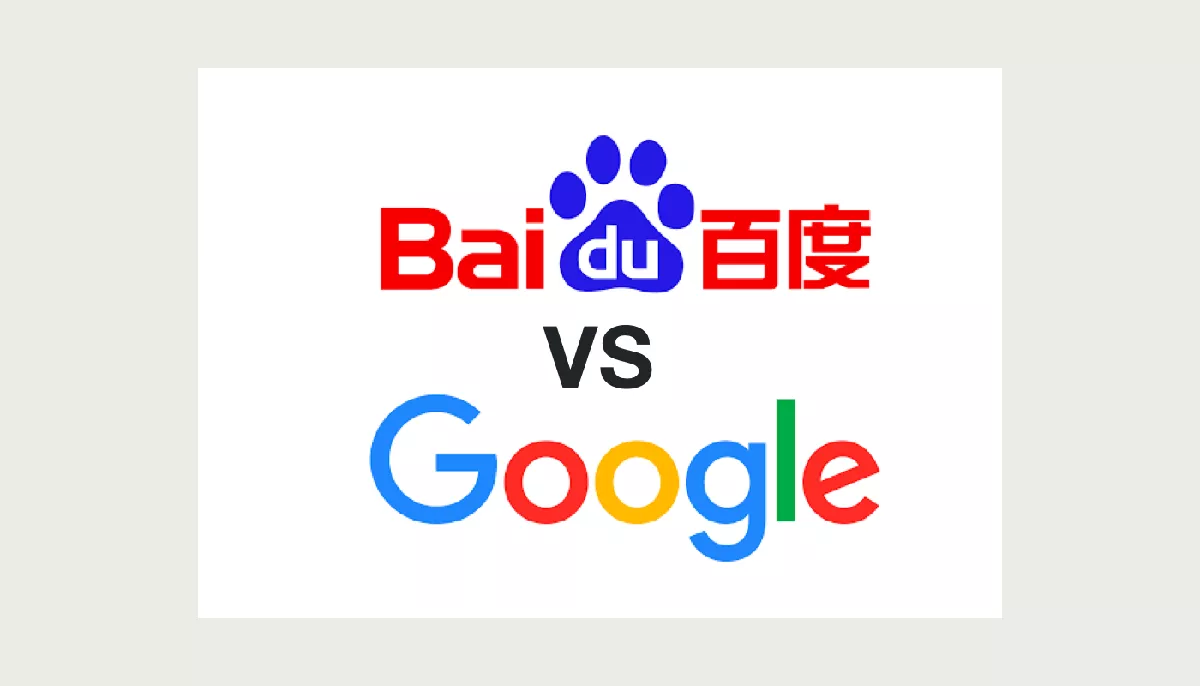
Baidu (Baidu Yixia, 百度一下) is the top search engine in China, with an 80.33%% share of the Chinese search engine market. It offers a range of additional services similar to Google, including Baidu Analytics (Baidu Tongji), Baidu Maps, Baidu Translate, Baidu Video Search, and Baidu Encyclopedia (Baike Baidu), Baidu Zhidao (Q&A-based platform). Sometimes, people refer to this as the Chinese Google equivalent, the Chinese version of Google, or the Google equivalent in China.
Google is a multinational technology company that specializes in Internet-related services and products. It was founded in 1998 by Larry Page and Sergey Brin while they were Ph.D. students at Stanford University. Google provides a wide range of services, including Search engine, Google Ads, Google Display Network, Google’s email service, Gmail, Google Drive, Google Maps, Video sharing – Youtube, Mobile operating system – Google’s Android OS (operating system), Web browser – Chrome browser.
In this post, we’ll walk you thru everything you need to know about Baidu versus Google:
How SEO differs between Google and Baidu
SEO (Search Engine Optimization) strategies can differ for Baidu and Google due to several reasons, such as:
-
Language: Baidu is a Chinese-language search engine, so websites that want to rank on Baidu need to have Chinese-language content. On the other hand, Google supports multiple languages and websites can rank in different languages.
-
Keywords: Baidu uses different algorithms for keyword matching and ranking than Google. For example, Baidu favors exact keyword matches, while Google places more emphasis on user intent and semantic search.
-
User behavior: User behavior on Baidu and Google can differ. For instance, Chinese users tend to prefer longer and more detailed content, which is why Baidu prefers long-form content. Google, on the other hand, prefers content that is easier to scan and understand.
-
Backlinks: Baidu places a greater emphasis on the number of backlinks a website has, while Google emphasizes the quality of backlinks. This means that websites that want to rank on Baidu need to focus on getting more backlinks, while websites that want to rank on Google need to focus on getting high-quality backlinks.
-
Regulation: Baidu is subject to Chinese government regulations, which can impact its search results. This means that websites that want to rank on Baidu need to comply with Chinese regulations, while websites that want to rank on Google need to comply with regulations in their respective countries.
Overall, while there are some differences in SEO strategies between Baidu and Google, the basic principles of good SEO, such as creating high-quality content, optimizing for keywords, and building high-quality backlinks, remain the same for both search engines.
How advertising differs between Google vs Baidu
Advertising on Baidu and Google can differ in several ways, including:
-
Ad formats: Baidu and Google have different ad formats. For example, Baidu offers a “Phoenix Nest” format that displays multiple ads in one section, while Google offers ad formats such as search ads, display ads, and video ads.
-
Targeting options: Both Baidu and Google offer targeting options for advertisers, but the options can differ. For example, Baidu offers geographic targeting by city or province, while Google offers geographic targeting by country, city, or radius.
-
Keyword bidding: The bidding process for keywords can differ between Baidu and Google. Baidu allows advertisers to set a maximum bid for each keyword, while Google uses a bidding system that takes into account the advertiser’s bid, ad quality, and other factors.
-
Ad policies: Baidu and Google have different ad policies. Baidu, for example, has stricter rules on what types of ads are allowed, particularly for sensitive topics like healthcare and finance. Google also has policies on what types of ads are allowed, but they can differ depending on the country or region.
-
Market share: Baidu is the dominant search engine in China, while Google is dominant in most other parts of the world. This means that advertisers targeting the Chinese market will likely need to focus more on Baidu, while advertisers targeting other markets may need to focus more on Google.
Overall, while there are differences in advertising on Baidu and Google, the basic principles of good advertising, such as targeting the right audience, creating high-quality ads, and tracking performance, remain the same for both platforms.
Baidu vs Google: In short
Baidu and Google are both search engines, but they are different in a number of ways:
-
Market dominance: Baidu is the dominant search engine in China, while Google is the dominant search engine in most other parts of the world.
-
User base: Baidu has a primarily Chinese user base, while Google has a more diverse user base across the world.
-
Search results: Baidu tends to prioritize Chinese-language content, while Google provides more diverse results in various languages.
-
Features: Baidu offers features that cater specifically to the Chinese market, such as Chinese-language maps and online forums, while Google offers a wider range of features such as Google Maps, Google Drive, and Gmail.
-
Government regulation: Baidu is subject to Chinese government regulations, while Google operates with greater freedom in most other parts of the world.
Overall, which search engine is better depends on the user’s needs and location. If you are in China and primarily use Chinese-language content, Baidu may be the better option for you. If you are in most other parts of the world and use a wide range of languages and content, Google may be the better option.
21YunBox is the leading web hosting platform for China. We make your techs work in China, the same workflow, but it works for China.
Get an account to get started with 21YB, or reach out to us to see how we can help your business succeed in China.
